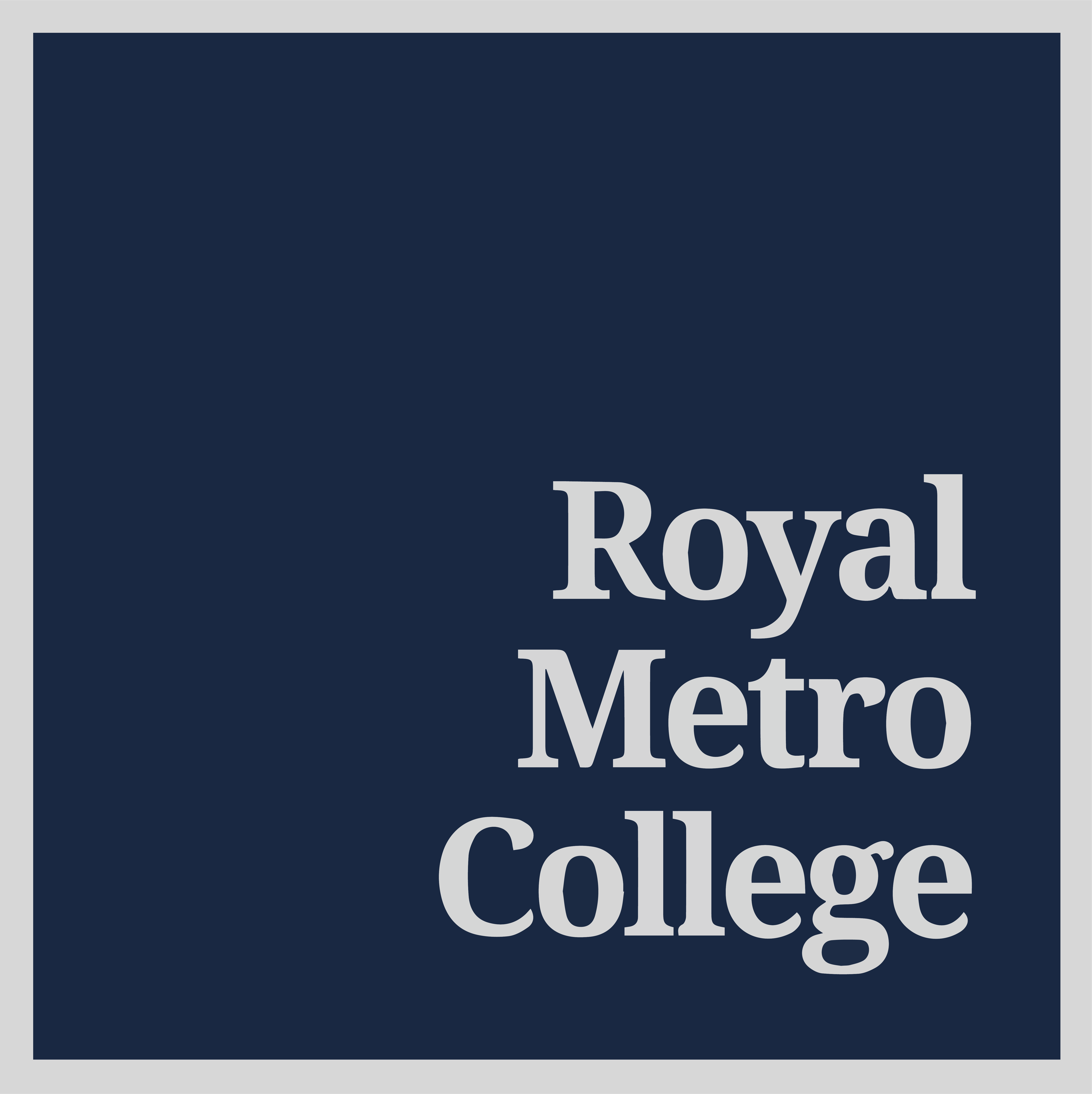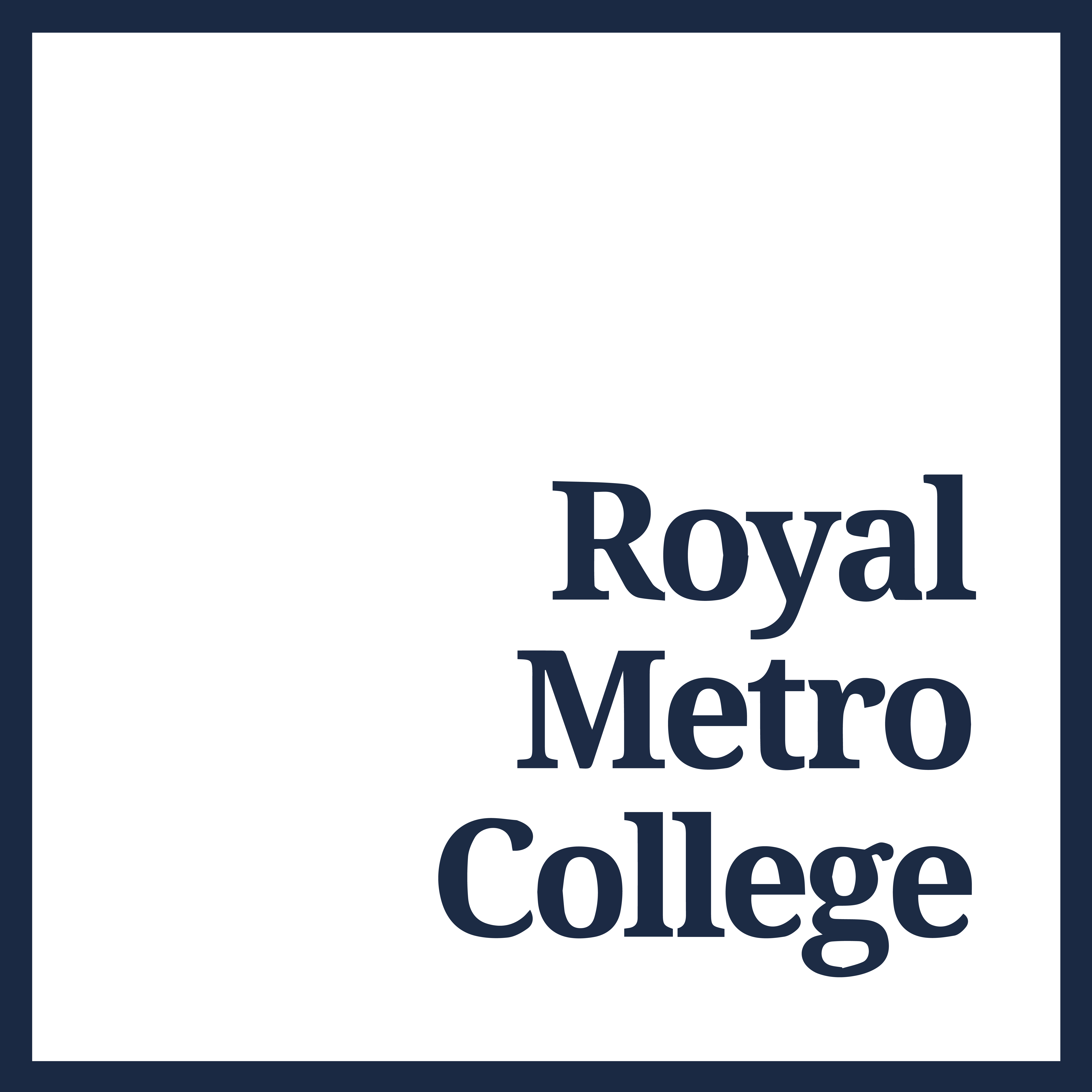Not sure whether to start as an ECE or an ECEA in Canada? This guide breaks down the key differences between Early Childhood Educators and Assistants, including qualifications, job roles, salary, and career prospects to help you make an informed decision.
What Are ECE and ECEA?
| Role | ECE (Early Childhood Educator) | ECEA (Early Childhood Educator Assistant) |
|---|---|---|
| Function | Plans and leads early learning programs | Assists ECEs with daily tasks and supervision |
| Authority | Can work independently, lead a group | Must work under supervision of a certified ECE |
| Certification Level | Full certification | Assistant-level certification |
In short: ECEs lead, ECEAs support.
Certification & Educational Requirements (BC Example)
Note: Requirements may vary slightly by province, but the general structure is similar across Canada.
| Category | ECE | ECEA |
|---|---|---|
| Education Required | Completion of a recognized early childhood education diploma (usually 9 months to 2 years) | Completion of 1 core course (e.g., Health, Safety & Nutrition) |
| Registration | Can only apply after completing the program | Can apply during or immediately after completing the required course |
| Certificate Validity | 5 years (renewable) | 5 years (renewable) |
You can find more details via your province’s licensing body, such as the BC ECE Registry.

Job Responsibilities: ECE vs ECEA
| Task | ECE | ECEA |
|---|---|---|
| Planning educational activities | Yes | No |
| Leading classroom or group | Yes | No |
| Supporting children’s daily needs | Yes | Yes |
| Reporting to parents | Often | Occasionally (as directed) |
| Working independently | Allowed | Must be supervised |
ECEs typically take on more leadership and planning responsibilities, while ECEAs focus on assisting with daily routines and child supervision.
Salary & Career Outlook
| Category | ECE | ECEA |
|---|---|---|
| Typical Hourly Wage (BC) | $21–$28+ | $18–$22 |
| Job Demand | High demand | Also in demand, especially in entry-level roles |
| Career Pathways | Can move into leadership, management, or specialize (e.g., Special Needs ECE) | Can upgrade to ECE while working |
| Workload & Pressure | Higher (planning + parent communication) | Lower (mostly support-focused) |
Both roles are in high demand, especially as Canada continues to expand its affordable childcare strategy.

Which One Should You Choose?
Here’s a simplified guide depending on your goals:
Consider ECEA if you:
- Want to enter the workforce quickly
- Are still studying toward your ECE diploma
- Prefer a supportive role with less planning or responsibility
- Are unsure if early childhood education is your long-term path
Consider ECE if you:
- See early childhood education as a long-term career
- Want to take a leadership role in classrooms
- Are ready to commit to full certification training
- Want more job flexibility and potential salary growth
Start Where You Are
Whether you begin as an ECEA or go straight into an ECE program, the most important thing is starting from where you are, with the time and resources you have. Both paths can lead to a meaningful and stable career in Canada’s early learning sector.
Remember:
ECE and ECEA are not levels of superiority, they’re different roles with different responsibilities.
If you’re just testing the waters, ECEA is a great entry point. If you’re ready to dive in and grow as an educator, ECE may be your next move.


